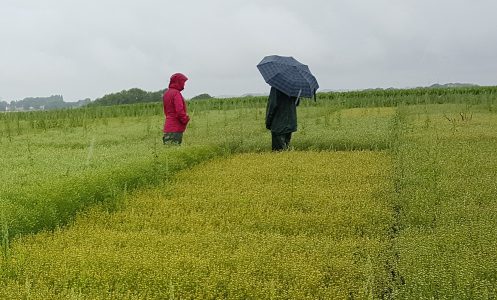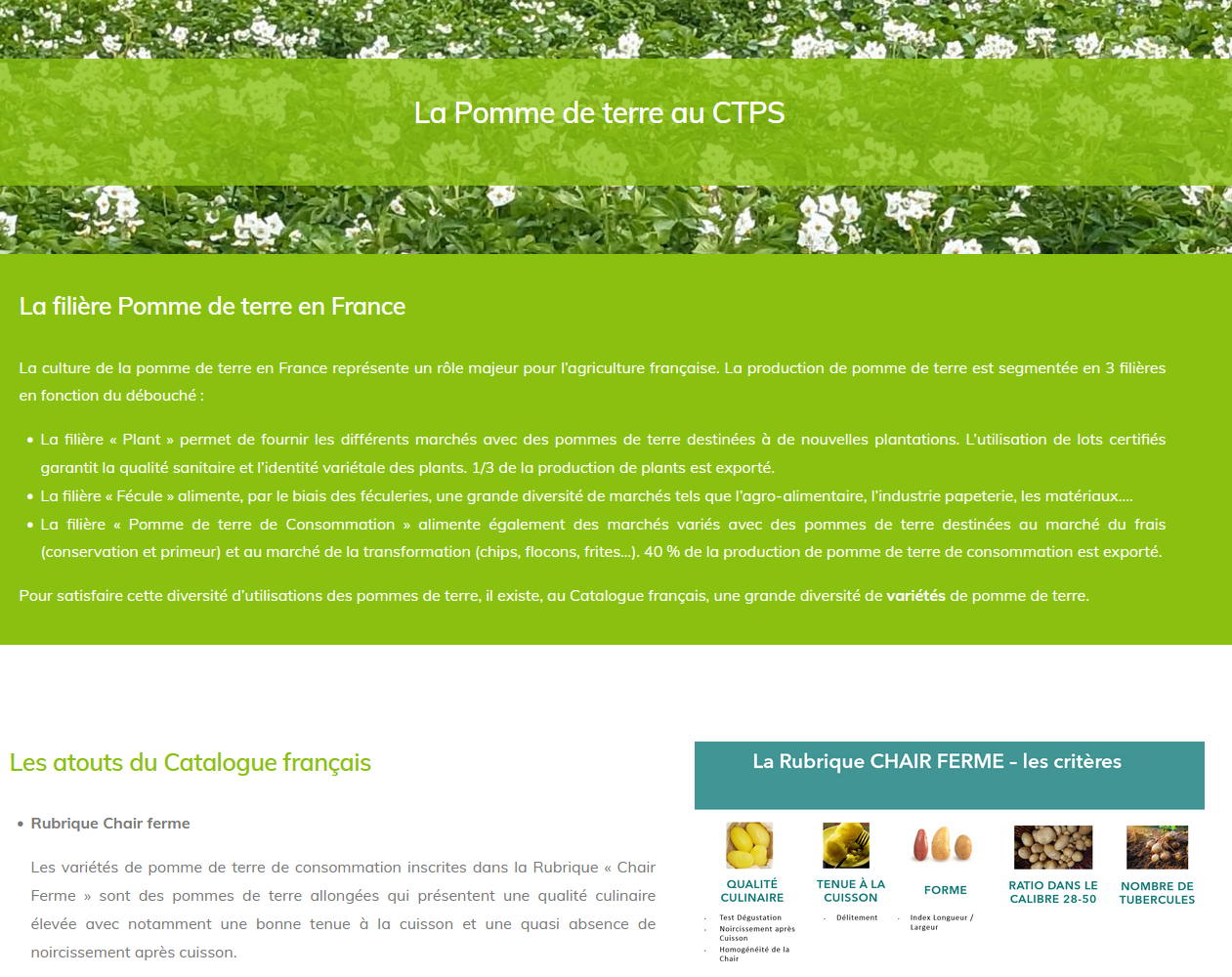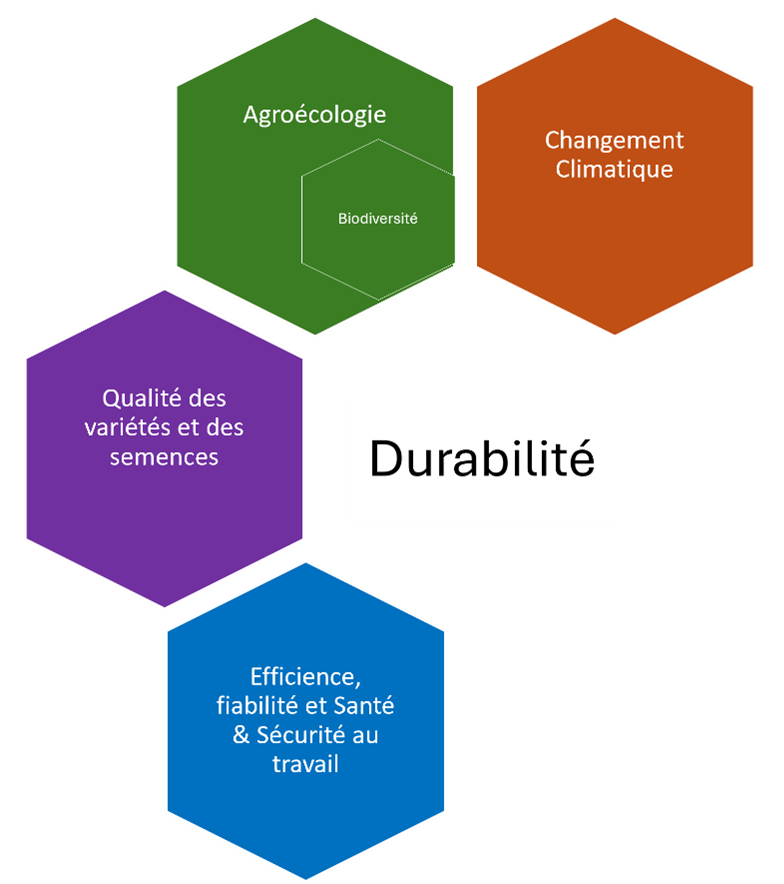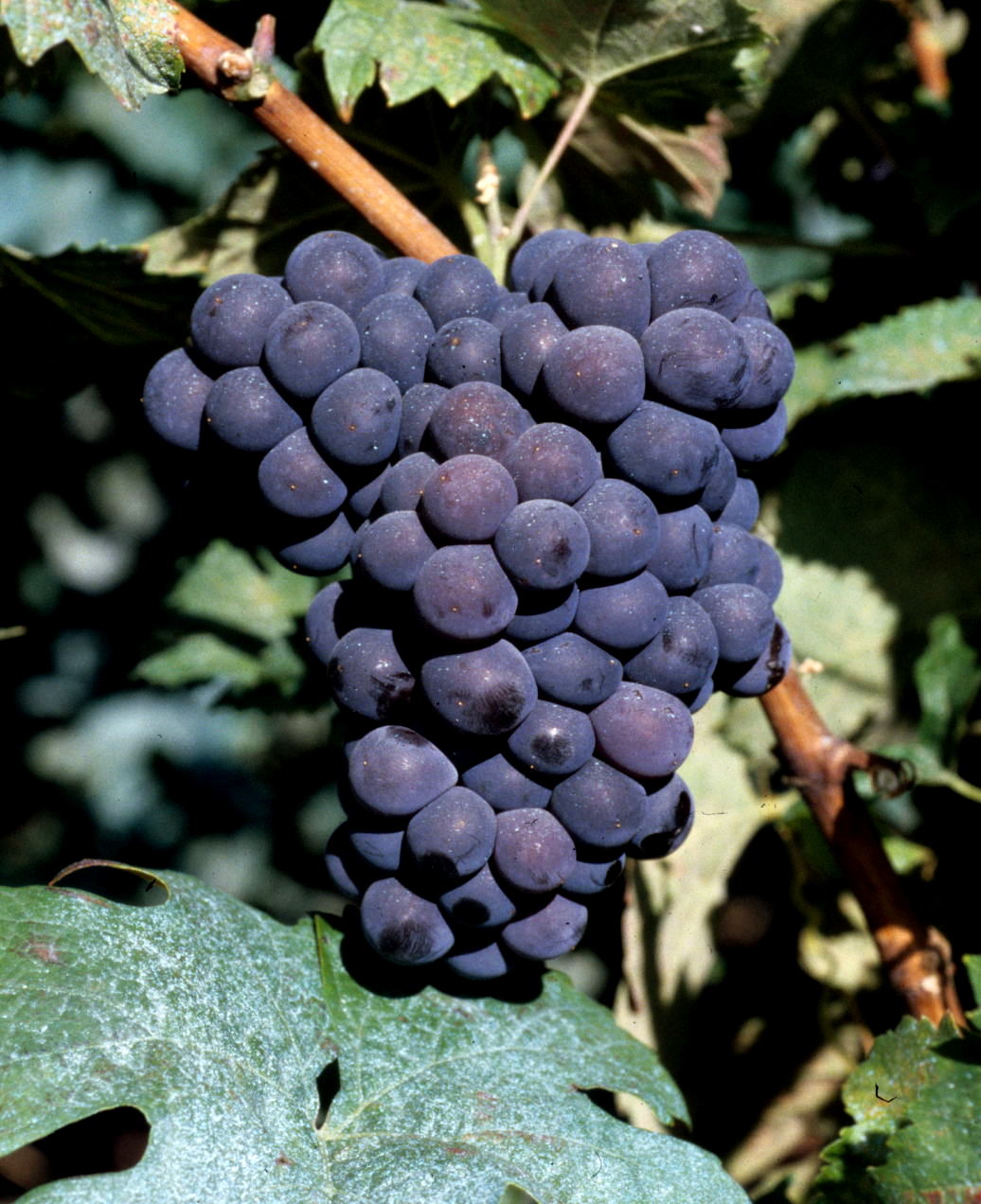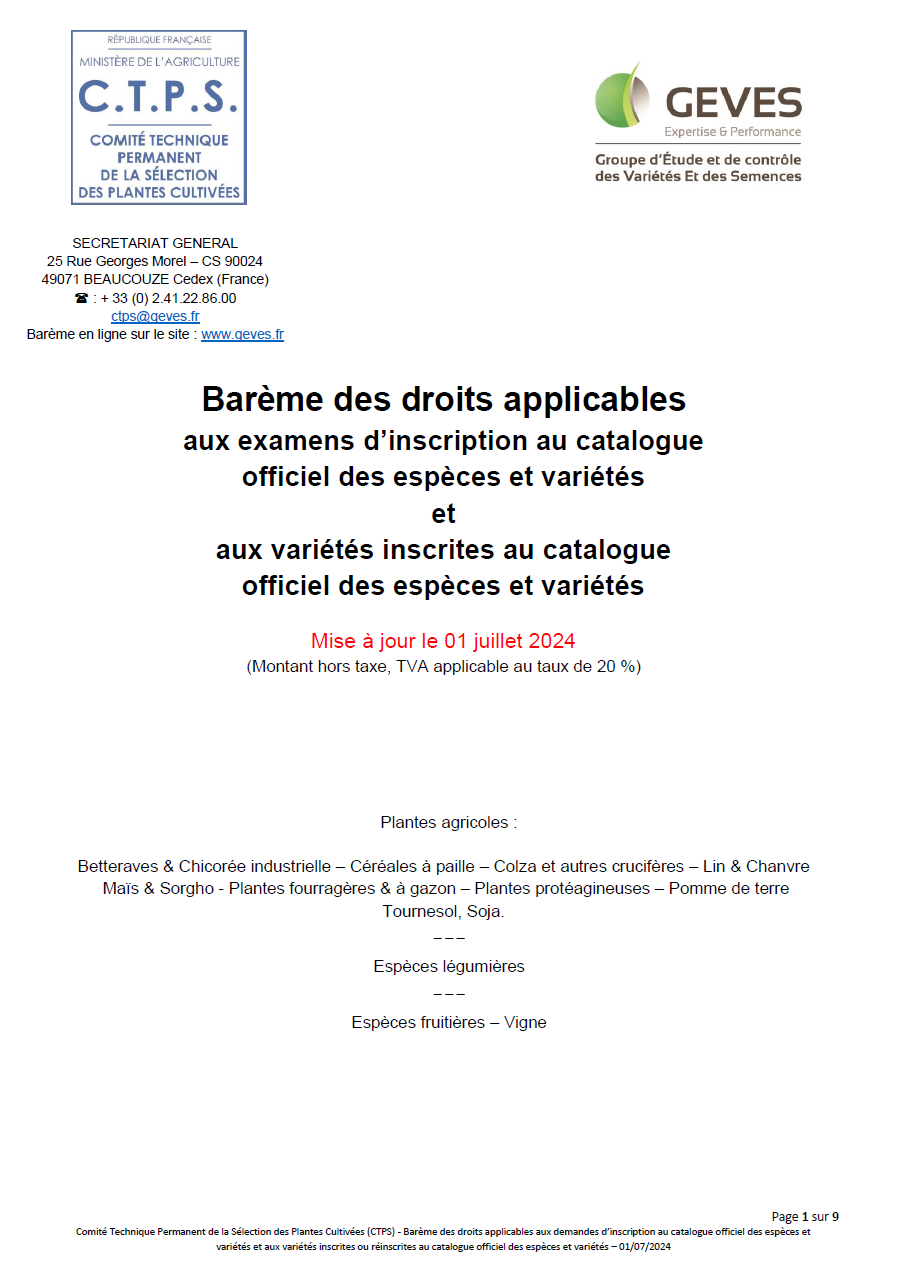
What’s new at CISAB?
Organic varieties adapted to organic production
The European regulation UE 2018/848 authorizes the commercialization of two new types of plant material: the organic heterogeneous material and the organic variety adapted to organic production. It is defined in article 3-19 as a variety as defined in article 5, paragraph 2, of Council Regulation n°2100/94 of the Conseil which:
- A) is characterized by a high degree of genetic and phenotypic diversity among the different reproductive units; and
- B) is derived from the biological selection activities mentioned in annex II, part I, point 1.8.4 of this Regulation.
For these varieties, a temporary experiment is planned for a period of seven years, and “should help to establish the criteria for describing the characteristics of this material and to determine the conditions applicable to its production and commercialization” (recital 39).
The commercialization of organic varieties adapted to organic production, which can derogate from the current rules of description of the characteristics of varieties (DUS description), requires the publication of texts authorizing it. The European Commission published on September 23rd, 2022, two implementing directives, (EU) 2022/1647 (agricultural plants) and (EU) 2022/1648 (vegetable plants) modifying the directives 2003/90/EC (agricultural) and 2003/91/EC (vegetable plants) concerning a derogation for organic varieties in organic production. These directives must be transposed by June 30rd, 2023 at the latest, for application on July 1, 2023.
Which changes are made to the directives specifying the rules that varieties must follow to be registered in the Catalog? For the species listed, like soft wheat, barley, rye and maize (for agricultural crops) and carrot and kohlrabi (for vegetable crops), it is possible to derogate from the uniformity requirements (while remaining similar to the level of uniformity of compatible varieties of common knowledge in the Union) for the CPOV characteristics listed in the Annex. For agricultural plant, the examination of agronomic, technological, and environmental value is conducted as much as possible under organic conditions, with the decision on registration considering the specifics needs and objectives of organic farming. For the examination of certain characteristics, including disease sensitivity, trials can be carried out under low input conditions and with minimal treatments. VCU admission is linked to a clear improvement over other VBAPB admitted to the State Catalog.
This experimentation raises many questions. Organic varieties adapted to organic production are defined in Regulation 2018/848 by heterogeneity which, at the level of these implementing directives framing this temporary experimentation becomes possible but not obligatory. Didn’t the actual DUS rules used for populations allow for the registration of organic varieties adapted to organic production? In addition, organic varieties adapted to organic production must be derived from organic selection activities. However, at this stage, no elaboration of reglementary guidelines has been initiated, still posing several questions to national authorities to recognize organic varieties adapted to organic production.
These implementing directives should now be transposed into French law by the Ministry of Agriculture and Food Sovereignty. The technical regulation for the registration of the species concerned will have to integrate these modifications.
Organic agriculture in the CTPS sections
The consideration of Organic Agriculture by the different CTPS sections is progressing significantly.
The specific system for soft wheat varieties intended for organic production is regularly used. If in the first years, only the breeders INRAE/Agri-Obtention registered varieties, this system is now used for new varieties proposed by 7 other breeders.
3 durum wheat varieties have been registered for use in Organic Agriculture. The study system set up within the framework of a special experimentation, without extra fees for the depositor thanks to the financial support of the Ministry of Agriculture, the representatives of the industrialists (CFSI-SIFPAF), and the direct contributions of Arvalis and GEVES, is similar to the one for soft wheat. The yield and quality experiments are under organic conditions. The trials on biotic and abiotic stresses (Yield Regularity Factors) are the same as for all the candidate durum wheat varieties.
Concerning vegetables, varieties proposed by breeders active on the organic market are present in the DUS trials: carrots in the framework of the temporary experiment that will start soon, but also beets, a romanesco cauliflower and a broccoli cabbage. The GEVES teams at the Brion station where these varieties are studied hosted the ASF days in early October with the theme “Varietal creation for organic vegetable species”.
The “Vine” and “Fruits Species” sections are integrating in their work the issue of organic seedling production of and the need to develop the sectors to answer the requirements of organic plant production.
Furthermore, several sections have integrated organic farming experimental sites into the national VUS experimental networks. This practice has existed for years in soybeans with 1 or 2 organic agriculture trials in the late series. It has been possible to enrich the spring oilseed flax network with 2 organic sites in 2022. The reorganization of the spring oats trials has allowed the integration of an additional experimental site in Organic Agriculture. For triticale, the reorganization was even more profound: from a network including 14 experimental sites with the 2 conducts, fungicides-treated (T) and non-fungicide-treated (NT), a network was built including 9 trials with T and NT conducts, 3 trials with the T conduct and 4 trials in organic agriculture. For these species, organic agriculture covers a significant part of the cultivated surfaces in France. It is therefore quite logical that the registration networks, representative of the production conditions, include sites in Organic Agriculture.
Finally, the soil cover rate, an important characteristic for Organic Agriculture, is beginning to be integrated in VUS trial protocols for triticale, sunflower and soybean. This characteristic has been described for several years for protein peas and is integrated to the registration decision for soft wheat for Organic Agriculture (bonus for varieties superior to Renan).

